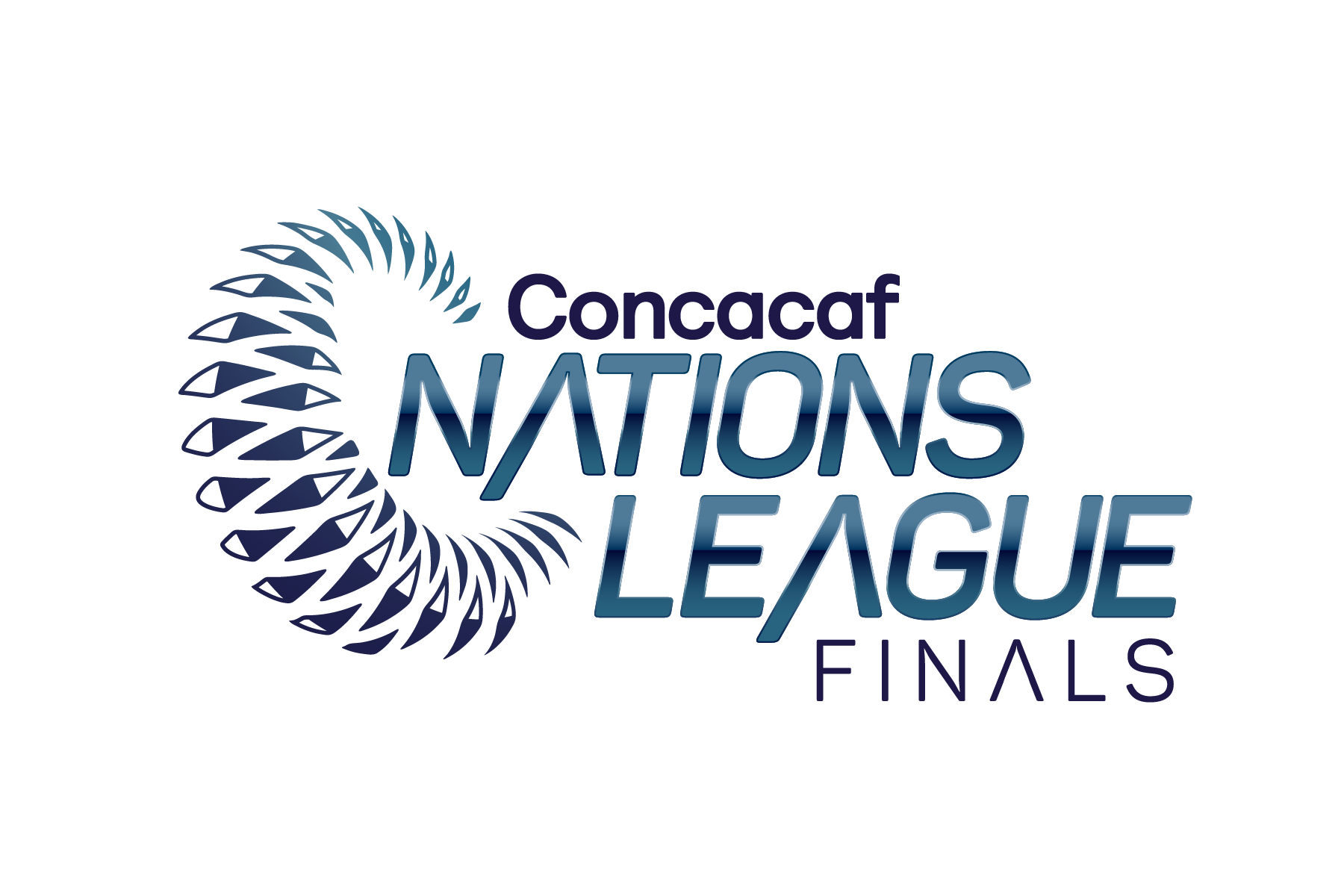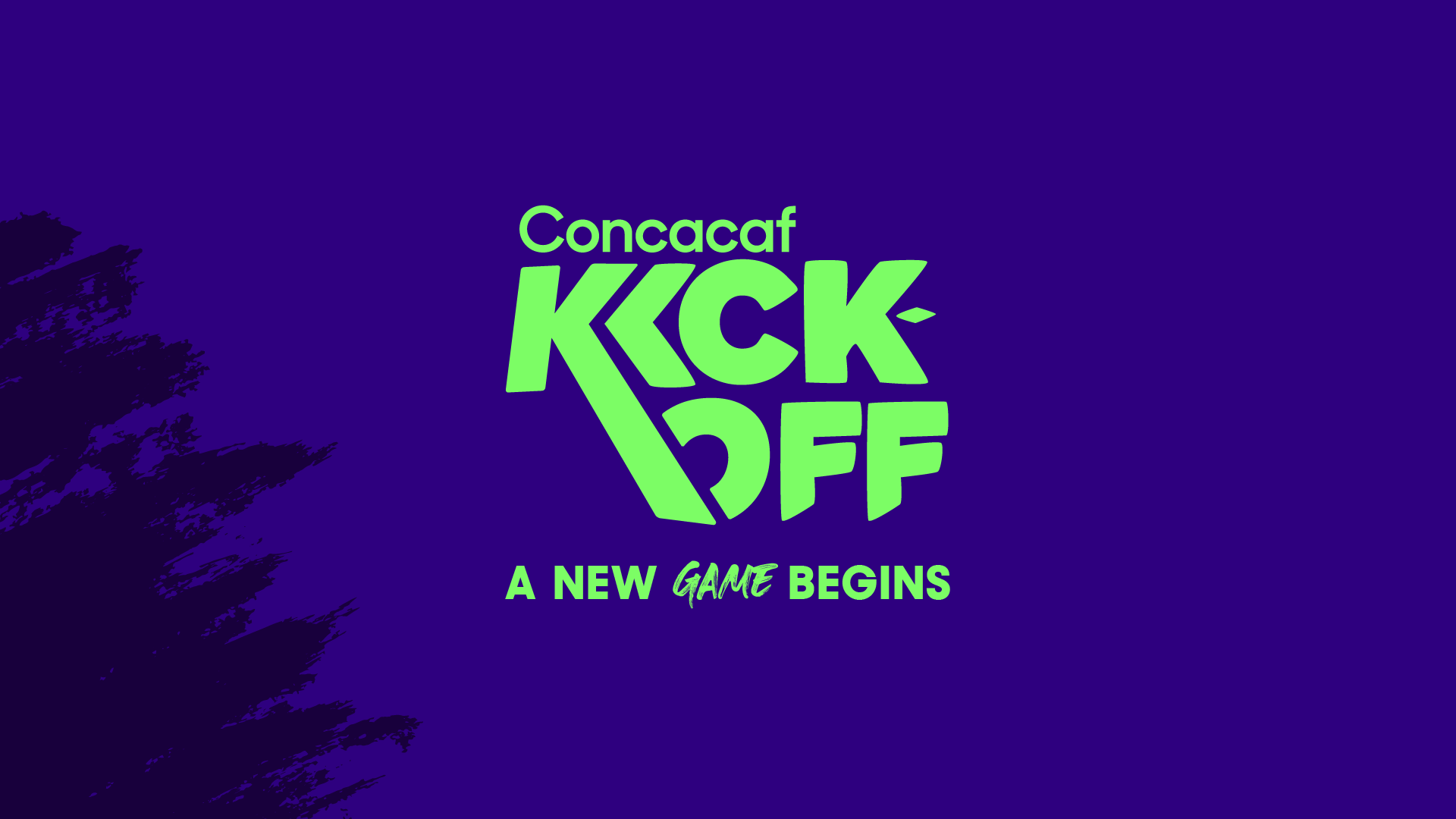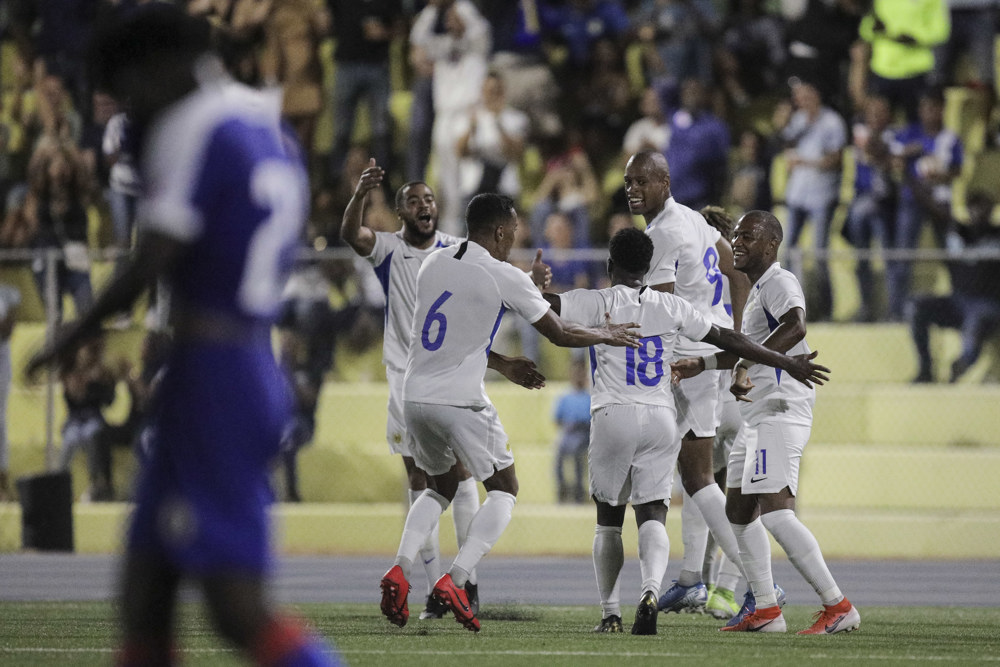WILLEMSTAD, Curacao — Music thumped from the speakers of the retrofitted school bus. Inside, Jeremy Cijntje did his best to bust a move within the confines of the aisle.
Things are different in Curacao, where the welcome ritual for debutants, like the 21-year-old Heracles forward, involves dancing in a bright blue bus instead of singing or haircuts.
“It’s just that we’re all one family. That’s the most important thing,” said Curacao captain Leandro Bacuna, who plays with Cardiff City. “Every time we come here, if there’s a new player, he’s got to dance, he’s got to get involved in the team.”
The Curacao national team, which hosts Costa Rica on Thursday at Ergilio Hato Stadium, is one victory away from following the dream all the way to the Concacaf Nations League Final Championship.
They’ve gotten to this point because of excellent football, but also because of a bond that holds them together -- a bond many feel even if, or especially if, they weren’t born in the country they’re representing.
The island with a population around 160,000 has an interesting status. Curacao is a constituent country within the Kingdom of the Netherlands, meaning locals make their own decisions about largely everything but rely on the Netherlands for things like defense and still have Dutch passports.
Many of Curacao’s players were born off the island, with the majority of the team born in the Netherlands. Yet, each has a story of what Curacao means to them and why it’s so special to represent the country internationally.
“I think for everyone, personally, it’s different,” Bacuna said. “My mom and dad were both born here and because of the circumstances, they went to Europe, and I was born over there. In my heart, I’m still very, very proud to play for this island. I will do whatever is in my power to get us as far as we can.”
While many Curacao players are still based in the Netherlands, manager Remko Bicentini’s squad for this match also includes players based domestically and in England, Qatar, Saudi Arabia, Wales, Jordan, Kazakhstan and Portugal.
When they come together, however, the journeys to get to the game don’t feel quite as long.
“The atmosphere is just really, really positive,” said Bacuna. “We’re getting the fans behind us at home games as well.”
The Hato Stadium should be rocking Thursday when Costa Rica comes to town. The teams met just a month ago in San Jose and played to a scoreless draw, with both sides having several chances only for GKs Eloy Room and Keylor Navas to put in even better performances.
With Navas out because of an injury, Curacao sees an opening to have a similar showing as last month’s game, but this time to come out on top.
“We need to play the same way as the last time against Costa Rica, and the chances that we get we need to score,” Bicentini said. “We also need to have our focus very high. We’re seeing that we’re very close to the final. We’re very happy, of course, but it’s a big game for us. I hope we’ll show the same level as last time against Costa Rica.”
It would have to be seen as an upset were a country with a population nearly three times smaller than Costa Rica’s capital to knock off the Ticos, who have been to four of the last five World Cups.
“We’d write history,” Room said. “If we win (Thursday), everybody knows us now. That’s the most important thing, that we have a good result for the island, for everyone. I think we’re on the map then.”
Curacao has had good results before, earning its first Gold Cup victory this summer and getting into the knockout phase of the Concacaf championship for the first time. However, making the final four of the CNL may be its biggest achievement since it returned to play in 2011 after the dissolution of the Netherlands Antilles.
Yet, this was the vision for so many Curacao players when they agreed to take part in a project kick-started by Patrick Kluivert in 2015.
The legendary Ajax and Barcelona forward convinced many of the regulars currently involved to commit their international future to Curacao and cross the Atlantic regularly for matches. He also implemented a style of play reminiscent of the Ajax teams of lore that prioritizes possession and passing.
Bicentini has carried on that style, adding a few tweaks but encoring his players to keep the ball, seek combinations and play exciting football.
“We’ve come a long way. We started with the team in 2015, and it was a long way to come here. I’m proud of the team and everybody involved,” Room said. “It was hard work, and I think we showed in the games that we have a good squad and we keep improving every game.
“We’ll see where we’re ending.”
They hope the year ends with a triumph in the Nations League and a spot in the summer’s semifinal. They may have come from all over, but now they are all following the dream together.



























